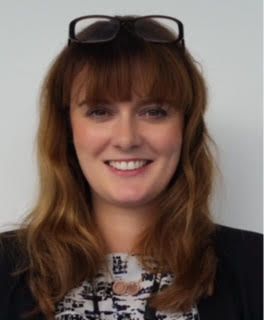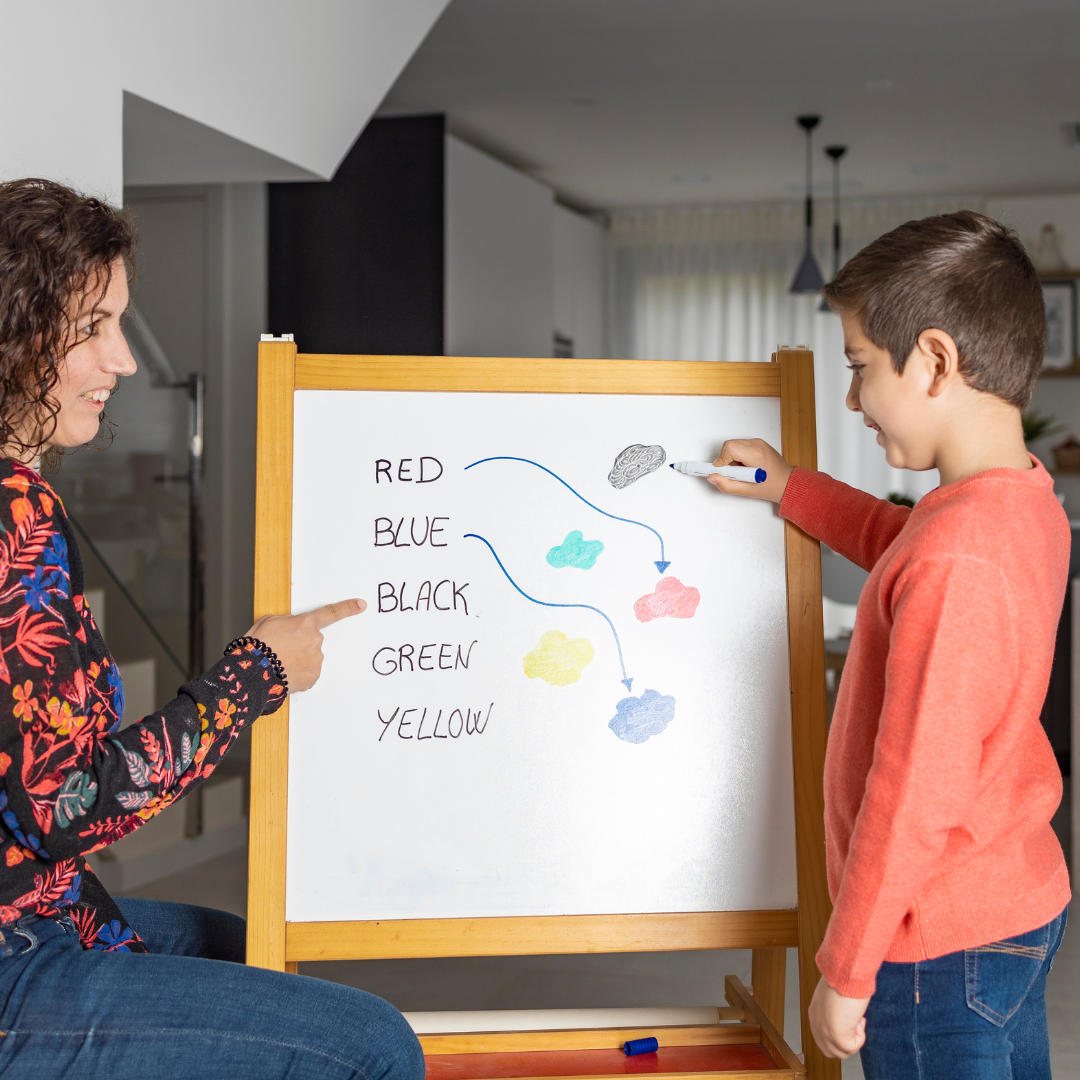Leading the Charge: Emma Buckle's Insights on Supporting Student Mental Health in Secondary Schools

Name:
Emma Buckle
Role:
Assistant Headteacher at Cardinal Wiseman Catholic School in Kingstanding. I have been the Senior Mental Health Lead for 2 years but have been on the Senior Leadership Team for 6. I lead on both pupil and staff wellbeing across the school; I am a Designated Safeguarding Lead and a passionate History teacher. I am therefore well placed to comment on the current issues/challenges surrounding leading on mental health in the secondary sector.
Targeted support and appropriate referrals
In this blog I will focus on some of the support we offer in school to those pupils who appear on our radar with mental health concerns.
In-house support
It is important to build a team around you in which a number of different staff - teaching and support - assist the students with their mental health needs. Here at Cardinal Wiseman, which is a small 11-16 secondary school with approximately 800 students, we have a relatively large Designated Safeguarding team of 8 staff, and a Mental Health First Aid (MHFA) team of 6 staff. Note - There is some overlap between the two groups. The school paid for each member of the MHFA team to have specific training in this area - all attended an intensive 2 day Mental Health First Aid course. Pupils and parents know who these staff are, and other staff members will refer students to these teams. The teams are promoted at every opportunity - i.e. Year 7 Induction Evening; the school website; the school prospectus; the newsletter; assemblies etc. Within the Special Educational Needs department we also have 2 staff members who have trained or are currently training to become counsellors. These staff have their own caseload of students they support.
Here at Cardinal Wiseman we have worked hard to build a supportive and inclusive environment in which all staff and pupils are taught the importance of recognising their own mental health needs and the needs of others. Mental health has a high status within the school. As previously mentioned in my other blogs, staff have been given a lot of training in this area. Following a training session with Anna Bateman which all staff attended at the end of last year, certain staff commented on how they felt better prepared to support pupils with their mental health following the training.
“The session has helped me to develop my skills in interacting with students in my role as Assistant Head of Year, and understand the difference I can make if I work on my approach”; “I now have a greater appreciation of the potential reasons behind the behaviours some pupils who might be labelled as 'problem children' might display”; “The discussions surrounding the parts of the brain that deal with different scenarios has made me consider the reactions pupils will have and how to approach them in different ways”.
Note - It goes without saying that staff are given comprehensive safeguarding training each year and know when something needs to be referred to the DSL team, rather than dealt with by themselves.
External providers
Current mental health waiting times for teenagers in the UK are a significant concern. According to the latest reports, more than a quarter of a million children and young people are still waiting for mental health support after being referred to Children and Young People’s Mental Health Services. YoungMinds, a leading mental health charity, has highlighted the severe impact of these delays, including deteriorating mental health conditions and even suicide attempts among young people due to the long wait for support. More than half of the young people surveyed by the charity reported that their mental health worsened while waiting to access mental health services. In a bid to support our students, I have been proactive in making links with a number of external providers, who then offer counselling services to our students in school. One such link is with Birmingham City University (BCU) who send student counsellors to us for one of their school placements. Initial assessments were made at the end of the autumn term, and the BCU student then started meeting with our Cardinal Wiseman pupils in the spring term. She will be with us until July and has a caseload of 5 students she meets with on a weekly. I would suggest making contact with universities in your area to see if they can offer something similar.
In addition to this, we have started working with Compass Mental Health Support Team (MHST). They offer free, confidential support to Children, Young People and Families with mild to moderate emotional health and wellbeing needs in the local area. The school and/or parents identify a young person they think has a need, a referral is completed and then a representative from Compass completes an assessment. If the young person meets the necessary criteria they can start a weekly counselling session in school. At the moment we have 4 students who are receiving support from Compass. Compass has also had a presence at every parent's evening this year, and next academic year we plan on running parent drop-in sessions and parent workshops in conjunction with them.
Further suggested reading
● For more information on Compass MHST click on the following link: Click HERE
● The following webpage from Mind explores the lack of mental health support in some secondary schools: Click HERE




